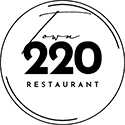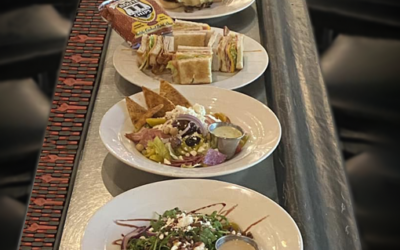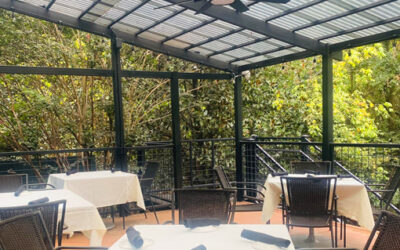As we look ahead to 2025, the world of wine continues to evolve, influenced by changing consumer preferences, technological advancements, and environmental considerations. At Town 220, we’re always excited to stay ahead of the curve and bring you the best in wine experiences. Let’s explore some of the most intriguing wine trends we anticipate for 2025.
Blended Wines Gain Prestige: While single-varietal wines have long dominated the premium market, expertly crafted blends are gaining recognition for their complexity and balance. Look for exciting new combinations that challenge traditional norms.
Sustainability Takes Center Stage: Eco-friendly wines are no longer just a niche market. Consumers are increasingly seeking out wines produced using sustainable, organic, or biodynamic practices. Look for more carbon-neutral wineries and wines with environmental certifications on their labels.
Rise of Alternative Packaging: While glass bottles aren’t going away, we’re seeing a surge in alternative packaging options. From high-quality boxed wines to elegant cans and even paper bottles, these options offer convenience and reduced environmental impact.
Embrace of Lesser-Known Regions: Wine enthusiasts are becoming more adventurous, exploring wines from emerging regions. Keep an eye out for excellent offerings from places like Georgia (the country), England, and even unlikely spots like Denmark.
Tech-Enhanced Tasting Experiences: Augmented reality (AR) wine labels and NFC-enabled bottles are becoming more common, offering interactive experiences that provide detailed information about the wine’s origin, tasting notes, and food pairings.
Low-Alcohol and No-Alcohol Options: The trend towards mindful drinking continues to grow. Expect to see more high-quality, low-alcohol wines and sophisticated non-alcoholic wine alternatives on menus and store shelves.
Natural Wines Go Mainstream: Once considered a fringe movement, natural wines (made with minimal intervention) are gaining widespread acceptance. Their unique flavors and perceived health benefits are attracting a broader audience.
Climate-Adaptive Varieties: As climate change affects traditional wine-growing regions, we’re seeing a shift towards grape varieties that can thrive in changing conditions. Expect to see more heat and drought-resistant varieties on wine lists.
A Closer Look at Two Wines That Embody These Trends
2021 Tablas Creek Esprit de Tablas (Paso Robles, California)
This Rhône-style blend of Mourvèdre, Grenache, Syrah, and Counoise comes from Tablas Creek Vineyard, a leader in biodynamic and sustainable winemaking in California. Certified organic and Demeter biodynamic, Tablas Creek employs innovative practices like composting, cover cropping, and dry farming. The Esprit de Tablas offers a full-bodied taste with notes of dark berries, herbs, and spice. While they don’t have AR-enabled labels, their website provides virtual tours and detailed information about their sustainable practices.
2021 Montinore Estate “L’Orange” (Willamette Valley, Oregon)
This orange wine from Montinore Estate in Oregon is made using skin-contact fermentation, a method similar to traditional Georgian qvevri wines. Montinore is one of the largest producers of certified biodynamic wines in the U.S. Their “L’Orange” is a blend of Pinot Gris, Muscat, and Riesling, offering complex flavors of dried apricot, orange peel, and a hint of nuttiness. This wine exemplifies both the trend towards natural winemaking and the exploration of non-traditional styles within established wine regions.
Remember, the joy of wine is in the discovery. Don’t be afraid to step out of your comfort zone and try something new. Who knows? Your next favorite wine might be one you haven’t even heard of yet. Cheers to the future of wine!




0 Comments